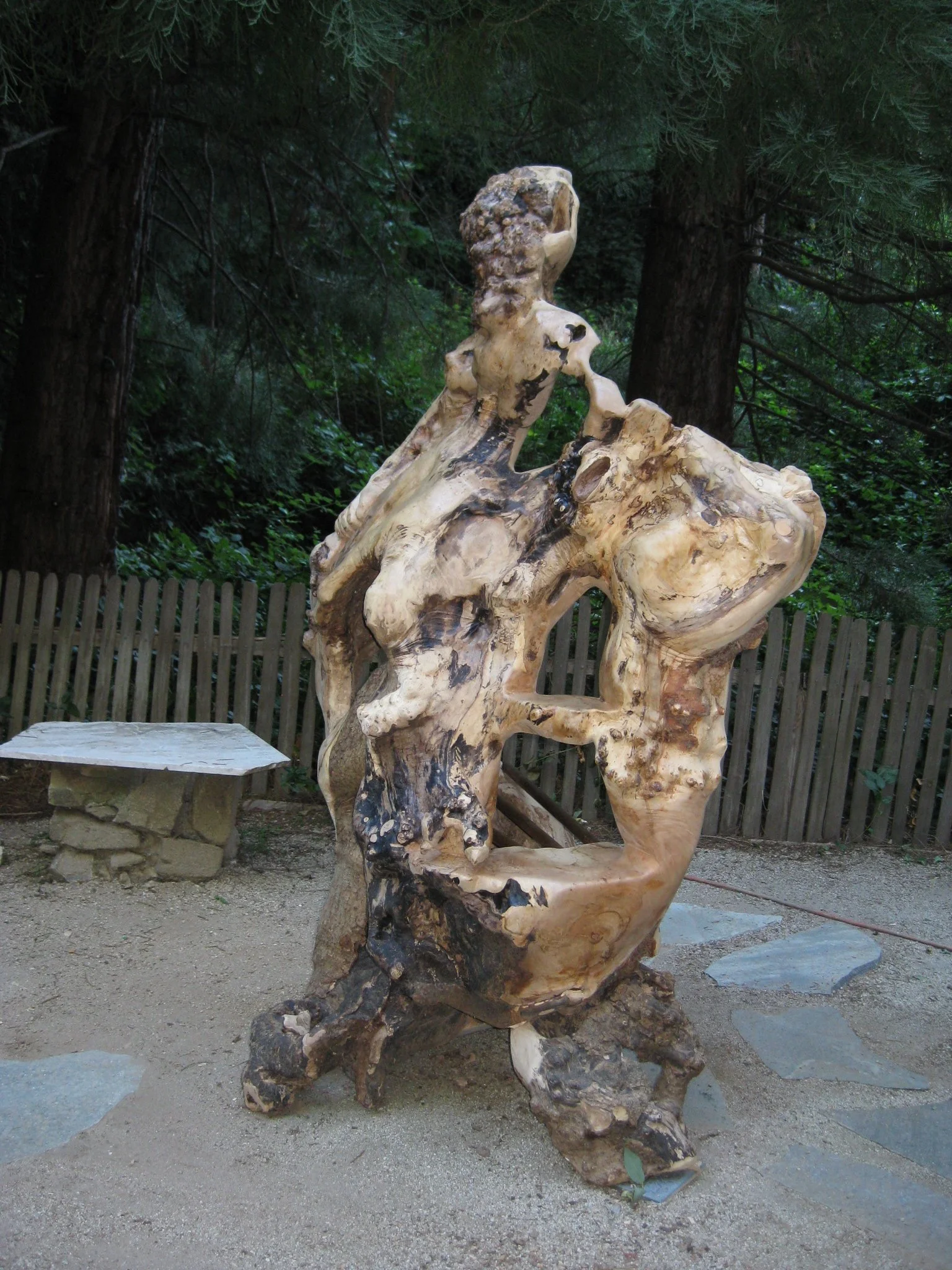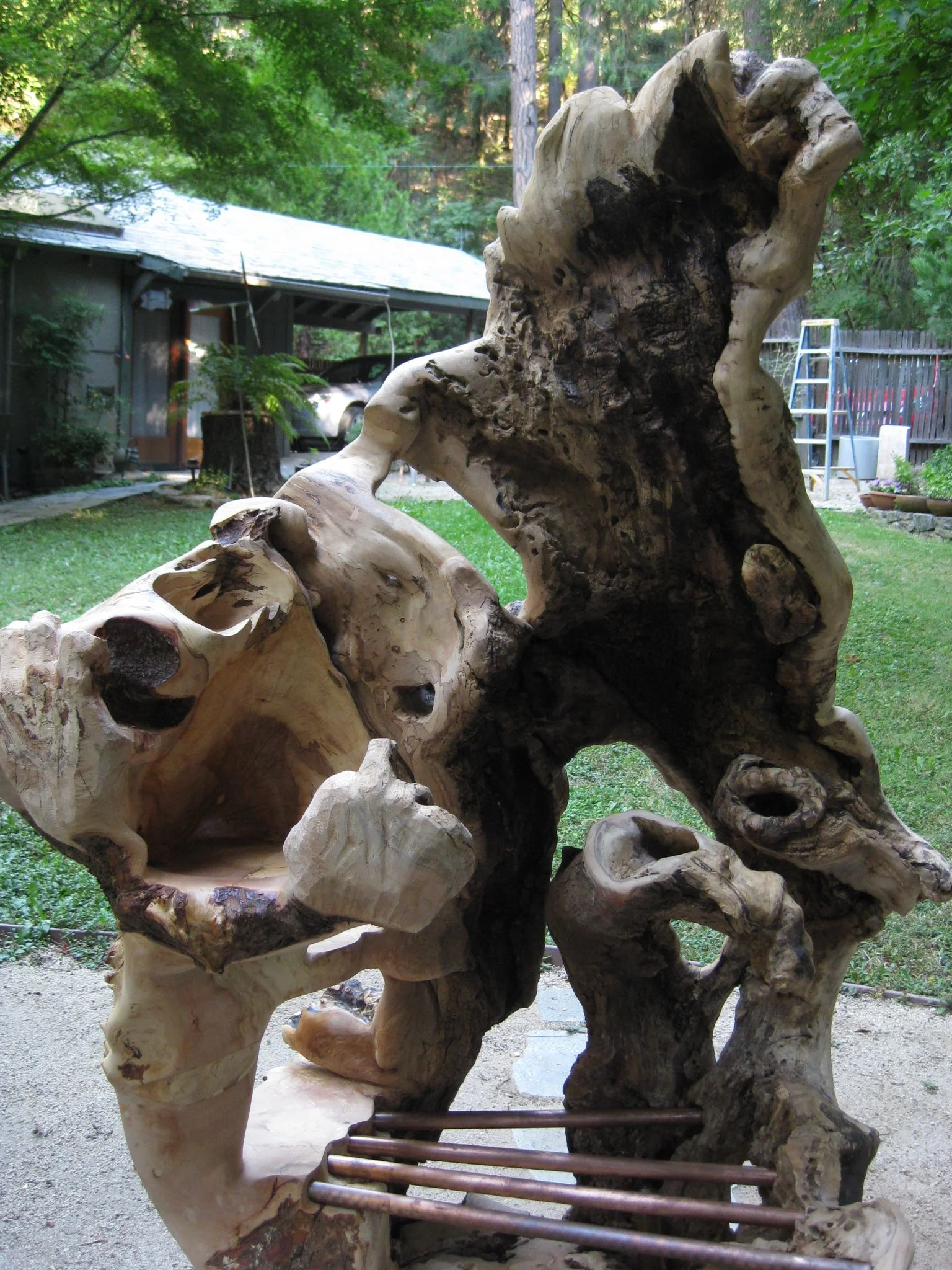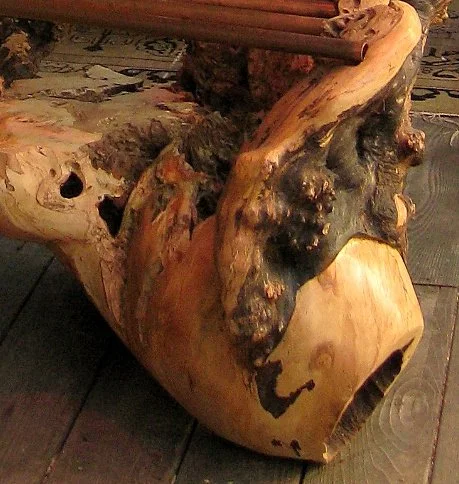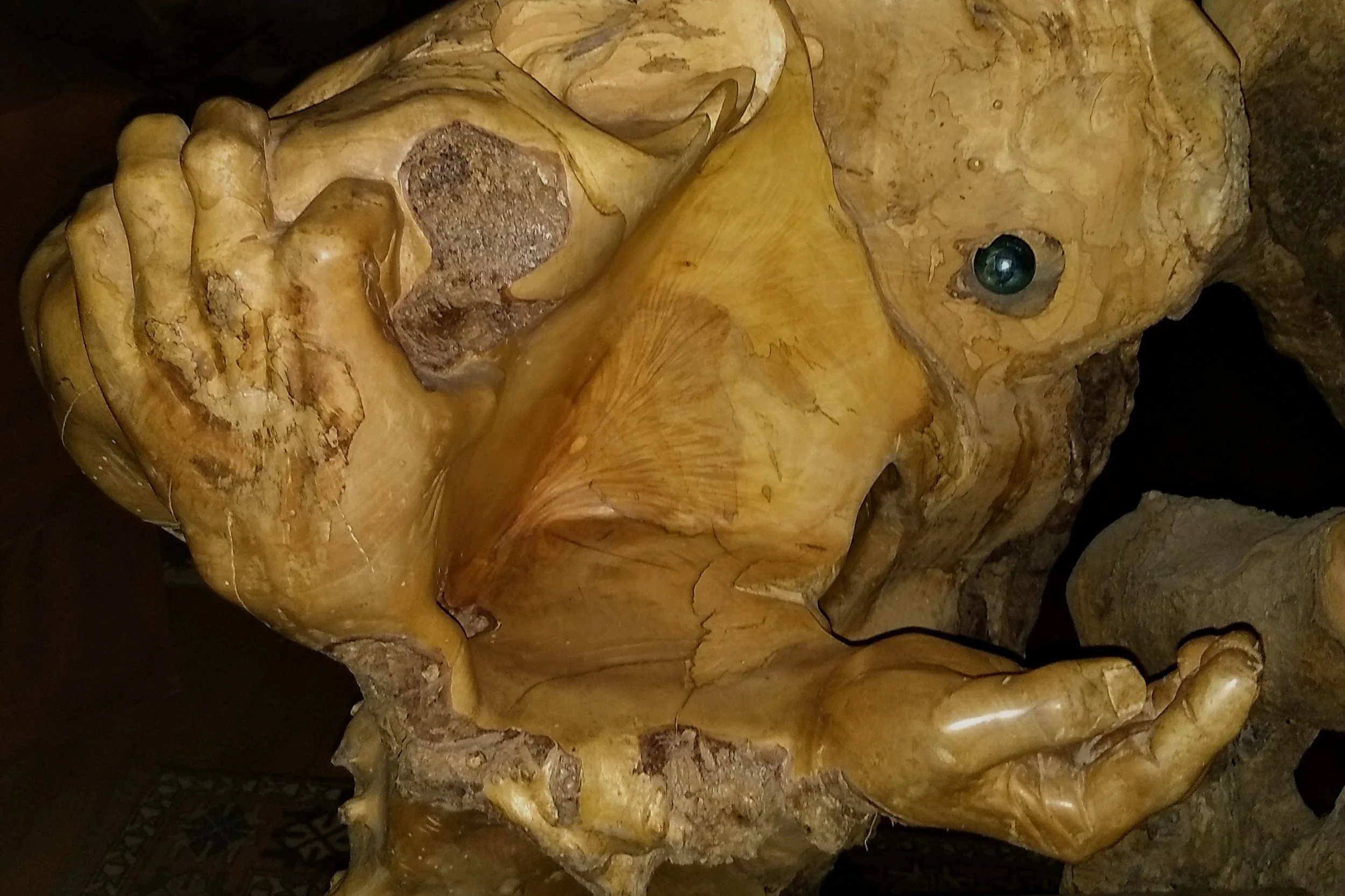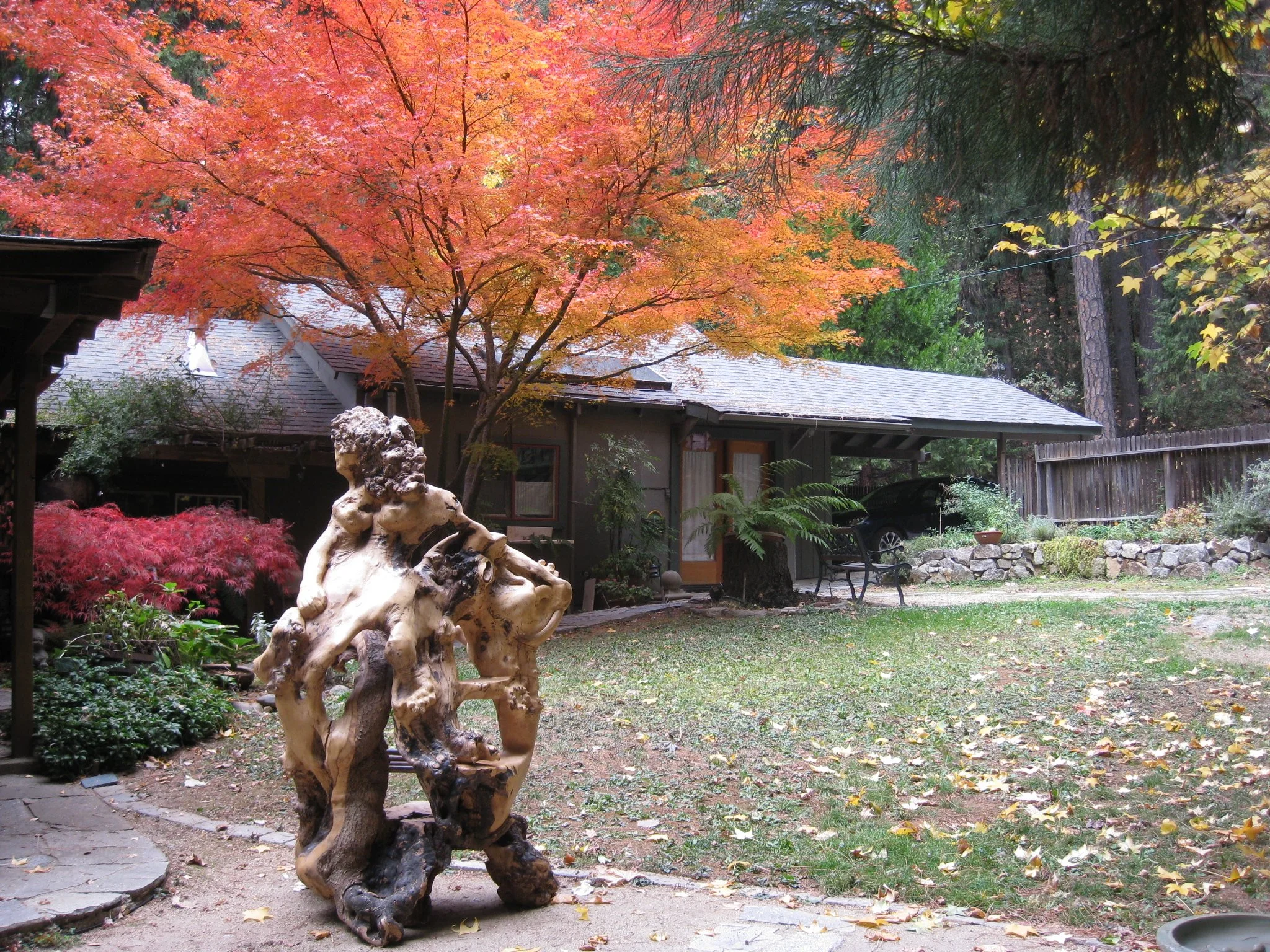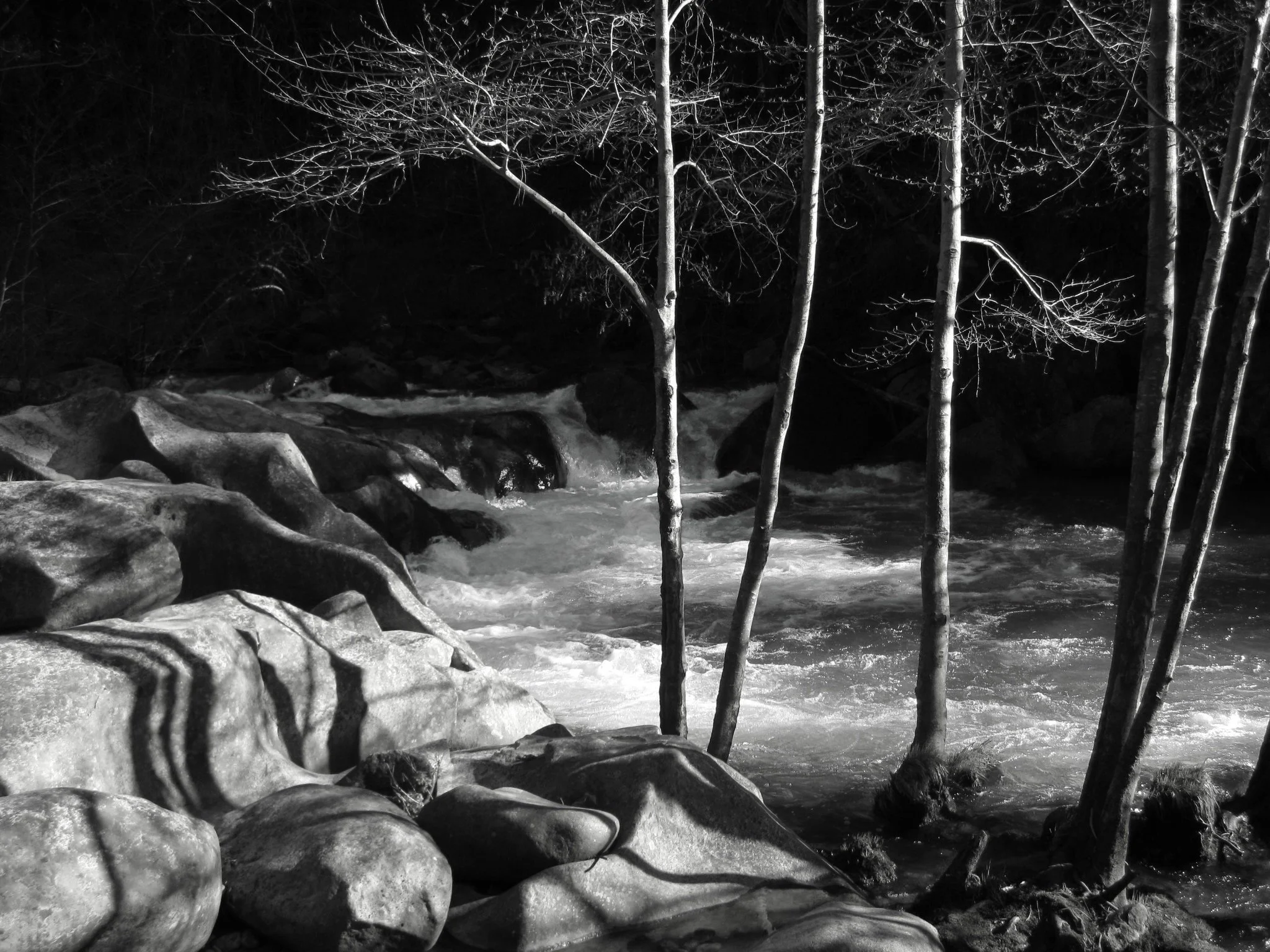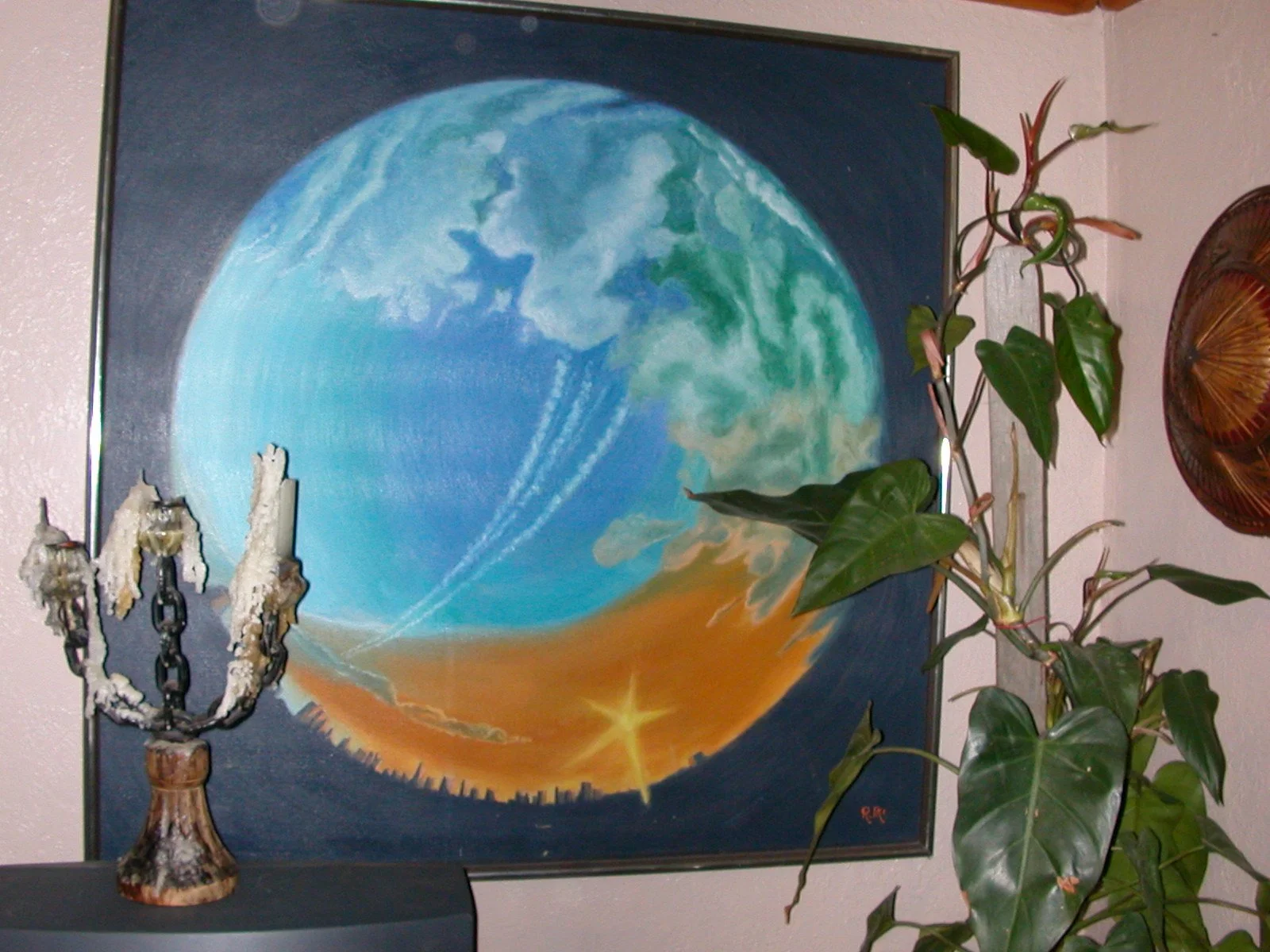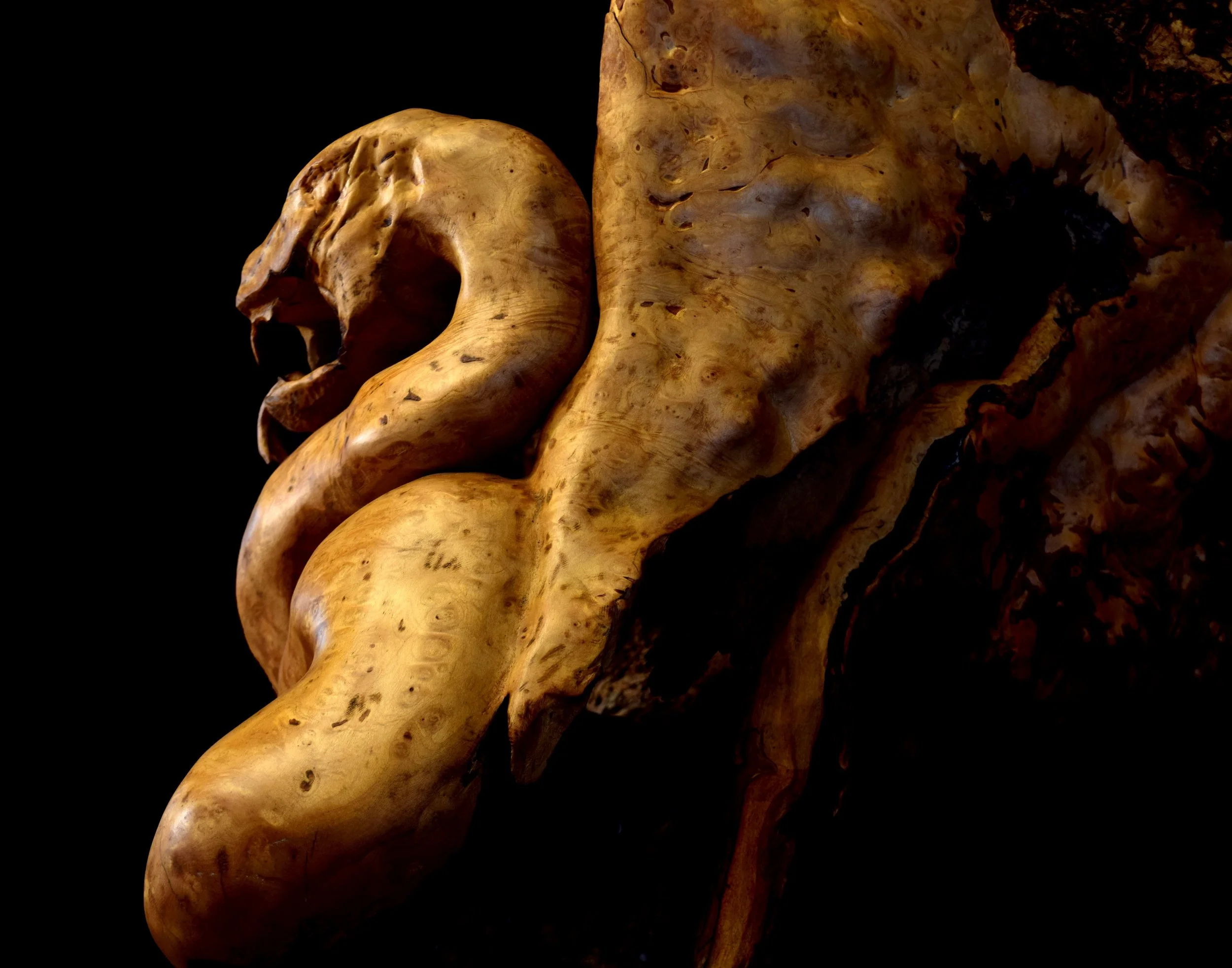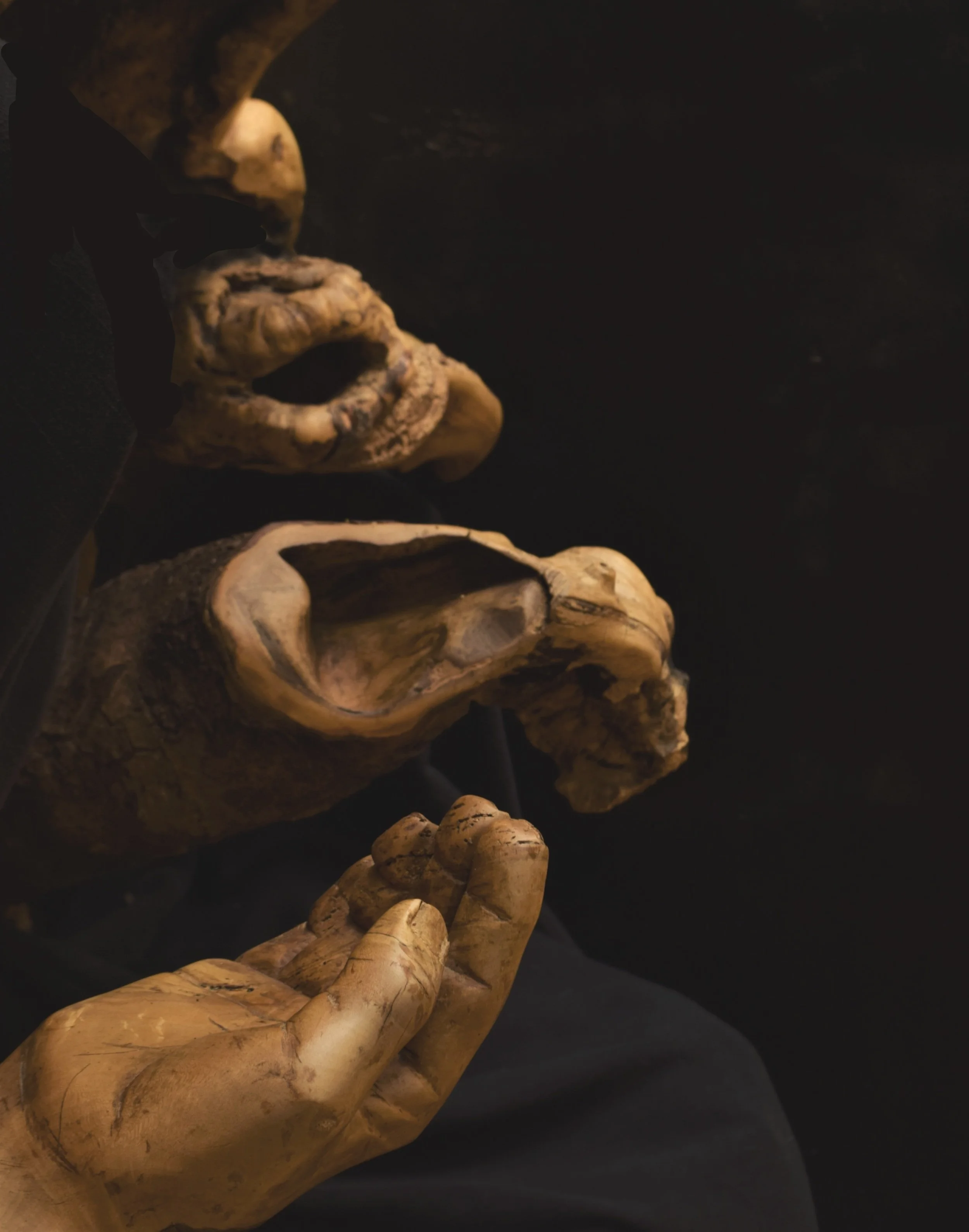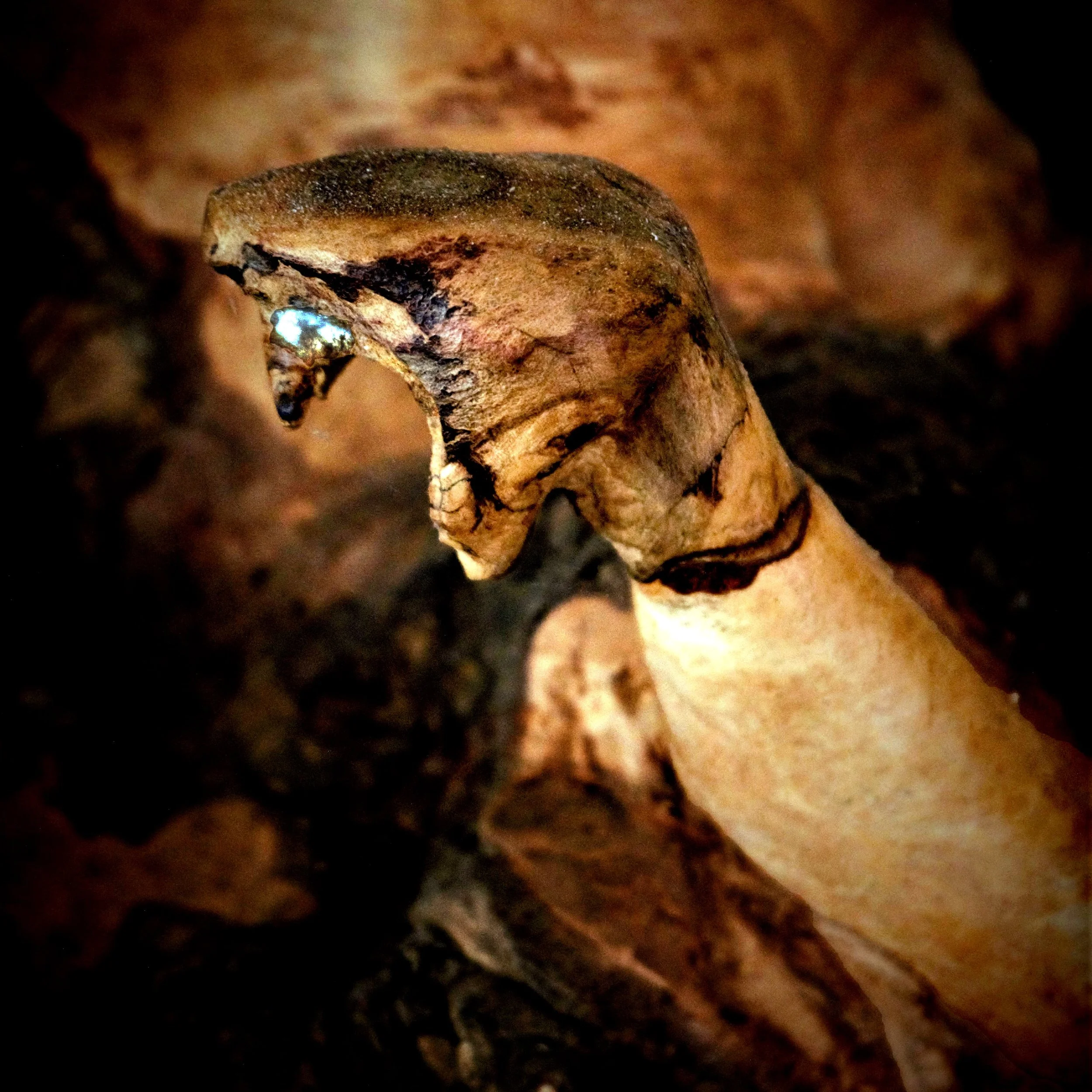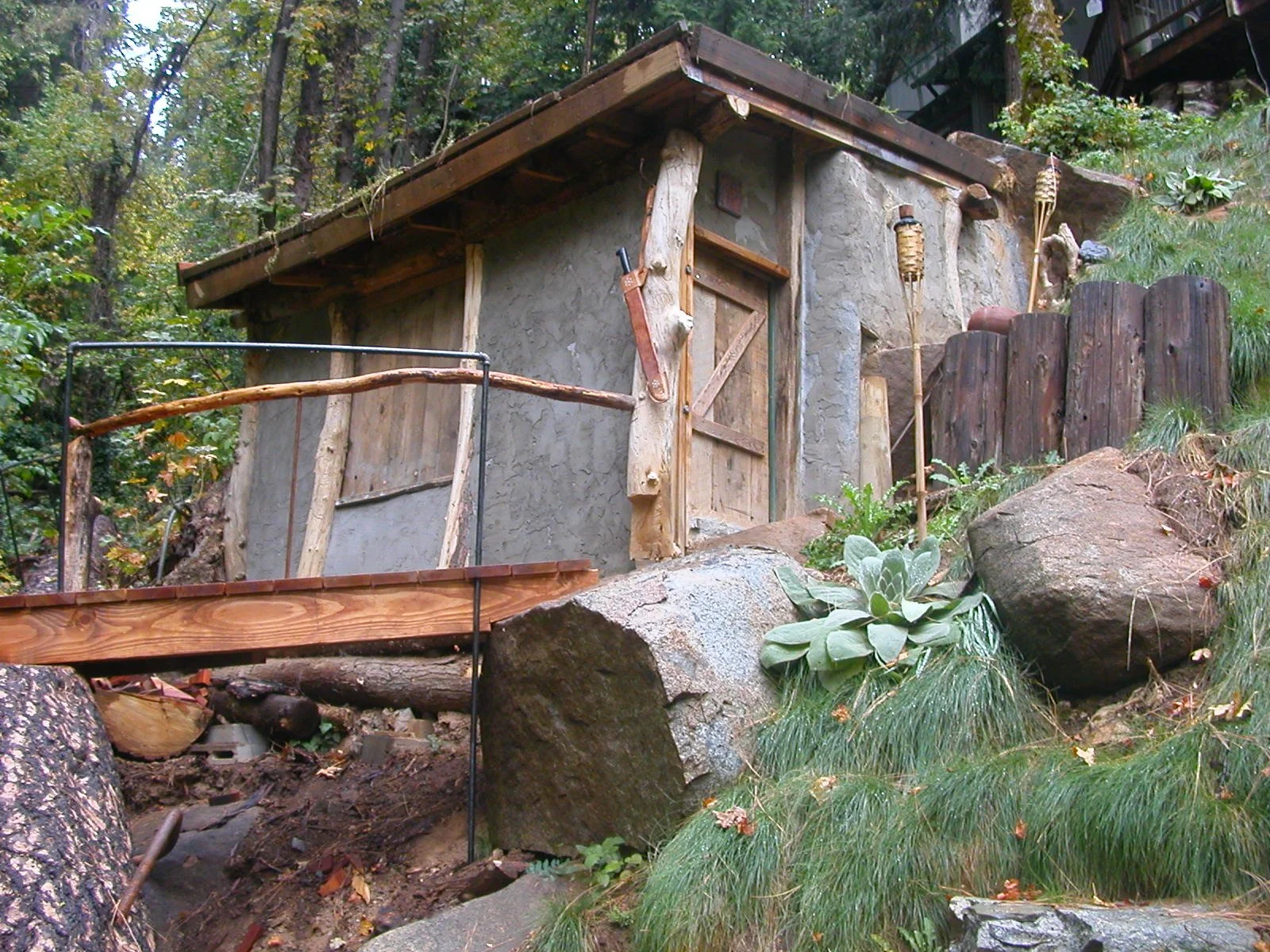DEATH
Death is the mother of beauty.” —Wallace Stevens
Death, for most of us, stays in the shadows. Its appearance comes and goes with the loss of a friend or family member, or our own sickness. And then in later life, it starts to emerge more regularly. The loss of more and more of those we love. With each loss, our appreciation for what they brought to our own lives grows. And with it, the appreciation of our own life and the short time we each have on this earth. It is death that gives us the awareness of the extraordinary gift of life. And perhaps only because of it can we appreciate the beauty that surrounds us all the time.
"Sunt lacrimae rerum et mentem mortalia tangent." These are the tears of things, and the stuff of our mortality cuts us to the heart. —Virgil
KOSCHEY THE DEATHLESS
KOSCHEY big leaf maple 6 ft. by 4 ft.
The Legend of Koschey
In Slavic folklore, Koschey is a sorcerer who gallops naked across the wild Caucasus mountains on his magic steed—a figure I see reflected in modern humanity's relationship with science and technology. "Koschey Bessmertny" means "deathless" or "immortal," for he has hidden his soul, his life force, his very "death" as he calls it, within a duck's egg buried beneath the roots of a mighty tree—remote, inaccessible, separate from his physical being.
When the egg breaks, Koschey loses his power and immortality. Like so many who are shattered by life's inevitable blows, he is thrust into a place where the only answers lie beyond our rational and emotional capacities—where the soul must finally confront what cannot be reasoned away or controlled.
This sculpture captures that moment of breaking open, when our defences dissolve, and transformation begins.
49er Fire
We climbed the narrow roads in silence, weighted with dread. The drive was slow on these unmarked dirt routes—the usual paved and gravel roads remained blocked by emergency personnel. The fires had been burning for ten days now. Ten thousand acres destroyed, several homes lost, one death. It had been four days since we'd heard from Steve.
Beatrice had left five days ago, reluctantly abandoning Steve to his stubborn vigil. He'd refused to evacuate, determined to do everything possible to save his home and property. Most of what we'd seen so far showed little damage. But as we merged onto the familiar half-mile gravel road to their property, more burned woods appeared. Then, as we crested a small hill, the green trees, wildflowers, and dry grasses we knew so well had vanished.
All we could see—the gullies, the hillsides, the gravel road beneath us—lay covered in a velvety grey-white snow. Charcoal black sculptures sprouted from the ash-powdered landscape. Misty steam lifted toward a grey sky. Instinctively, I turned off the car.
What followed was an unnatural silence. Before us stretched a surreal black and white world, indescribable in its complete absence of color. For a moment, or perhaps an hour, we sat mesmerized by a beauty that only nature can display—until our all-too-human concerns interrupted the spell.
VIEW FROM A MANHOLE oil on canvas 4 ft x 4 ft, 1967


